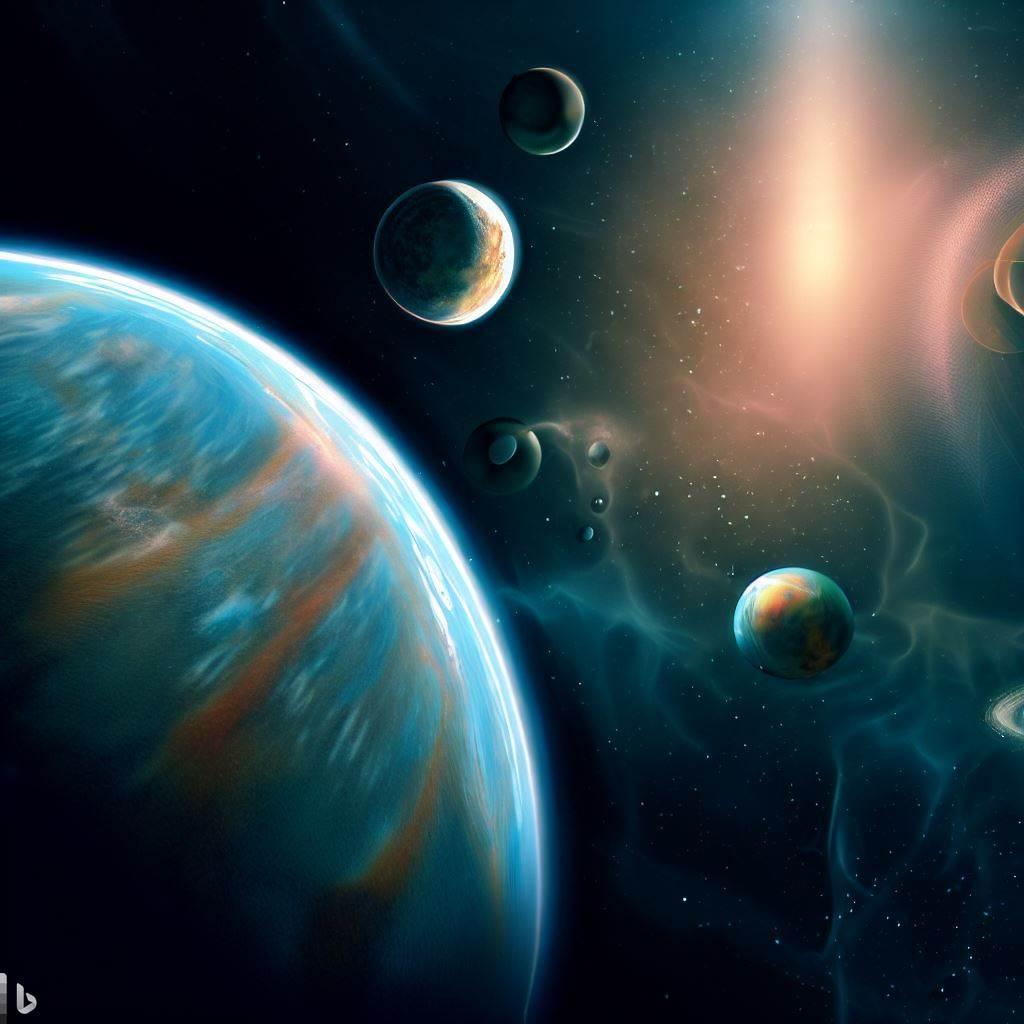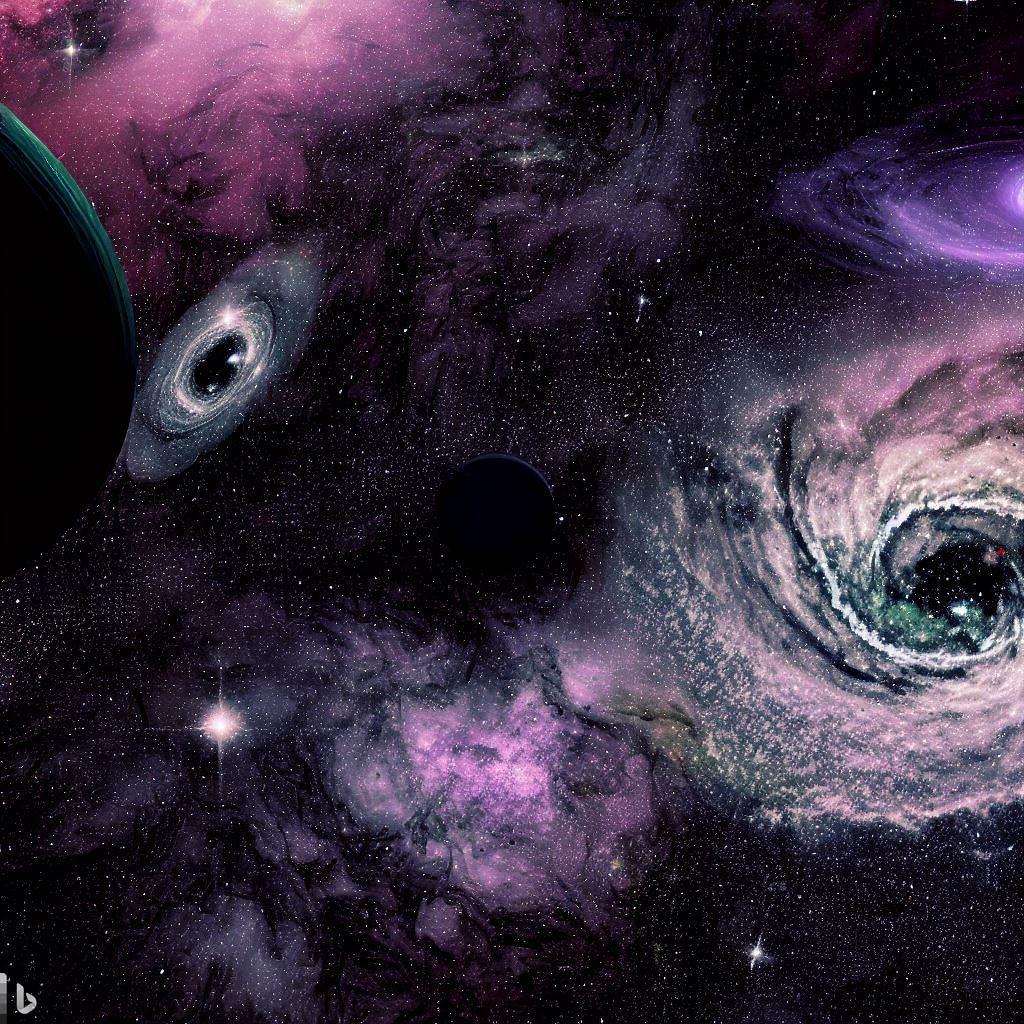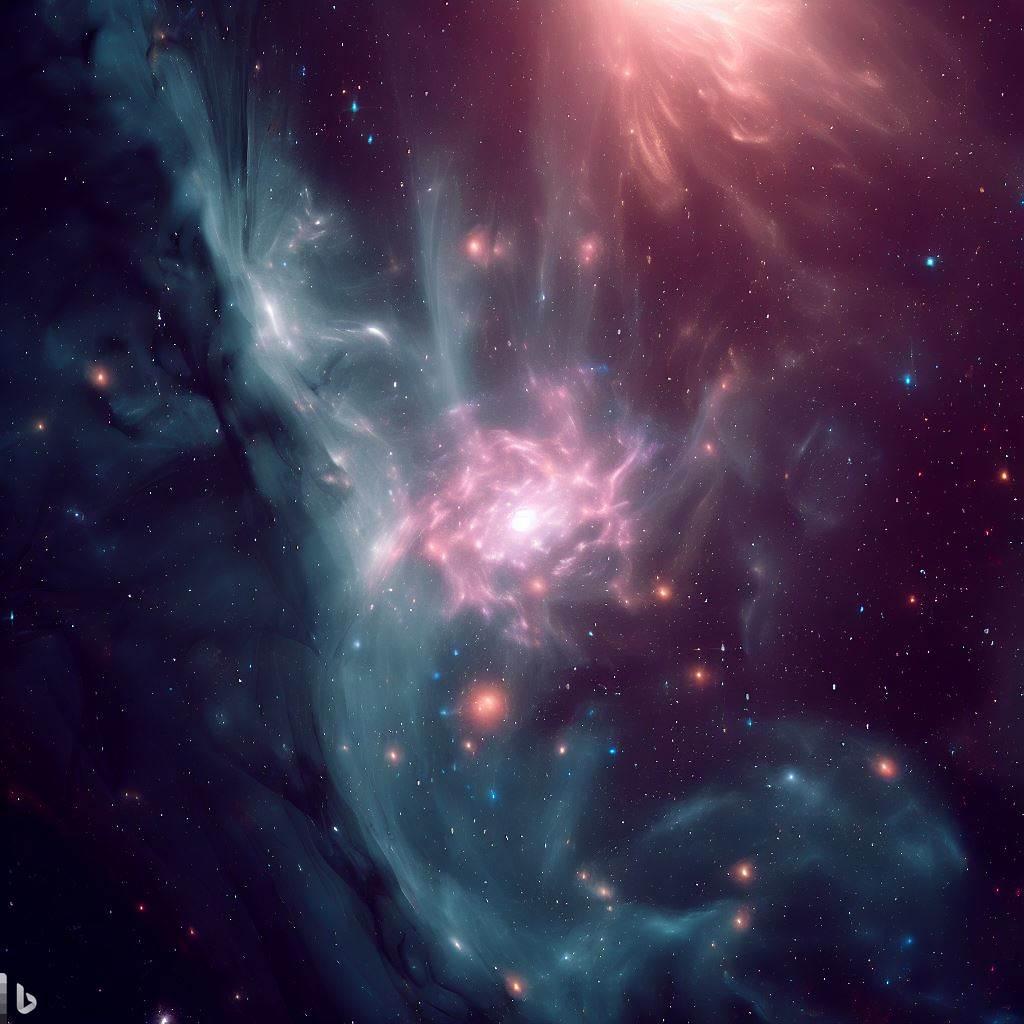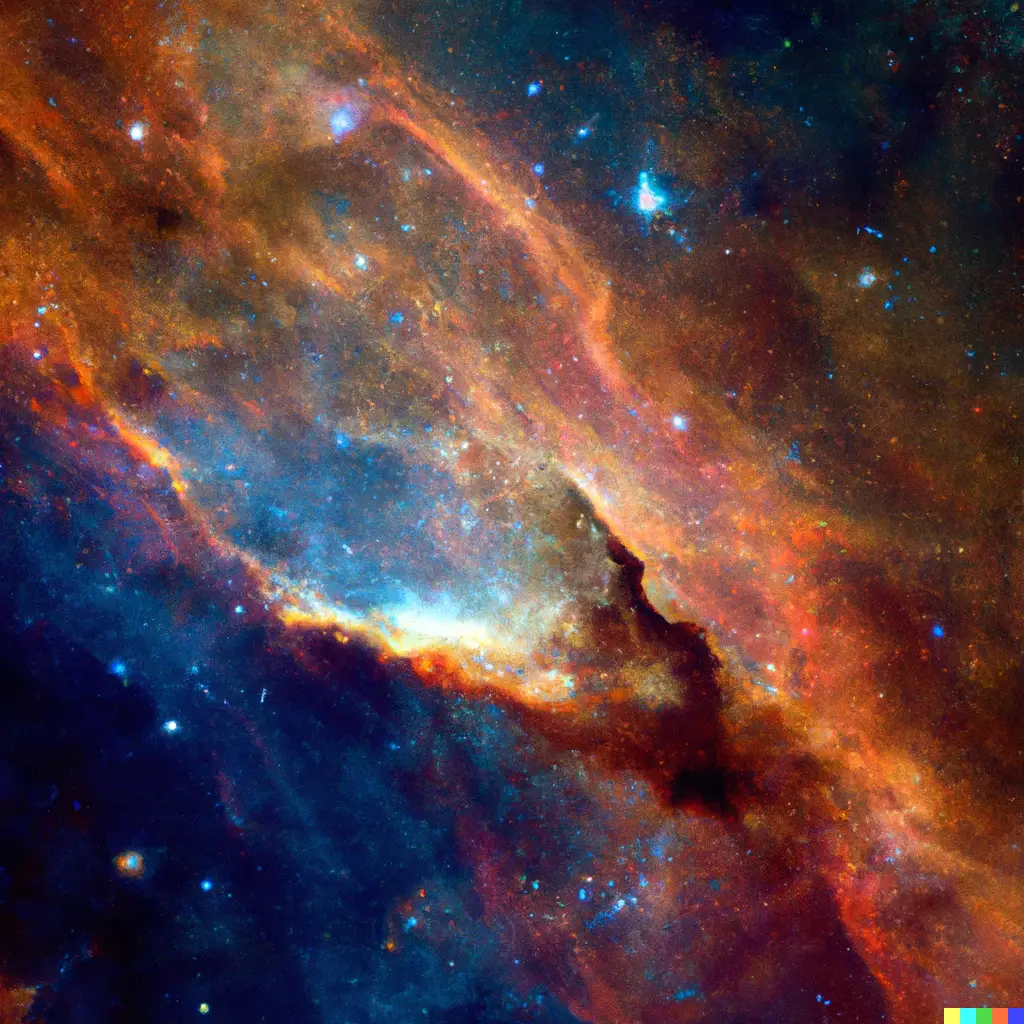Space is full of surprises and mysteries that challenge our understanding of reality. Scientists and astronomers are constantly making new discoveries that reveal the secrets of the universe and space. Here are some of the most amazing space discoveries that could change everything:
- Life on Venus? Scientists detect a possible biosignature gas in the clouds: Phosphine is a gas that on Earth is produced by microbes or industrial processes. Its presence in the atmosphere of Venus could indicate a possible sign of life on our neighboring planet. However, the origin of the phosphine is still unknown and could be explained by other natural or chemical processes.
- A parallel universe where time runs backward? Scientists find evidence of a bizarre phenomenon: Using a giant balloon experiment called ANITA, scientists detected high-energy particles coming from the Antarctic ice. These particles, called neutrinos, are expected to come from outer space, not from Earth. One possible explanation is that they are coming from a parallel universe where time runs in the opposite direction as ours.
- The first sounds and sights of Mars: NASA’s Perseverance rover makes history: Perseverance is a robotic explorer that was sent to Mars to search for signs of ancient life and collect rock samples. It successfully landed on Mars on February 18, 2021, and captured the first audio and video of the Martian surface. The rover also carried a small helicopter called Ingenuity, which became the first aircraft to fly on another planet.
- A super-Earth older than the universe? Astronomers discover a planet orbiting one of the galaxy’s oldest stars: A super-Earth is a planet that is larger than Earth but smaller than Neptune. The super-Earth, named TOI-561 b, was found orbiting a star that is about 10 billion years old, which means it is almost as old as the universe itself. The planet is very hot and rocky, and has a year that lasts only 10.5 hours.
- A mysterious radio signal from Proxima Centauri: Is it natural or artificial?: Proxima Centauri is the closest star to our solar system, located about 4.2 light-years away. It has two known planets, one of which is in the habitable zone where liquid water could exist. In 2020, scientists picked up a narrow beam of radio waves coming from the direction of Proxima Centauri. The signal has not been identified yet, and could be either natural or artificial in origin.









Add a Comment: